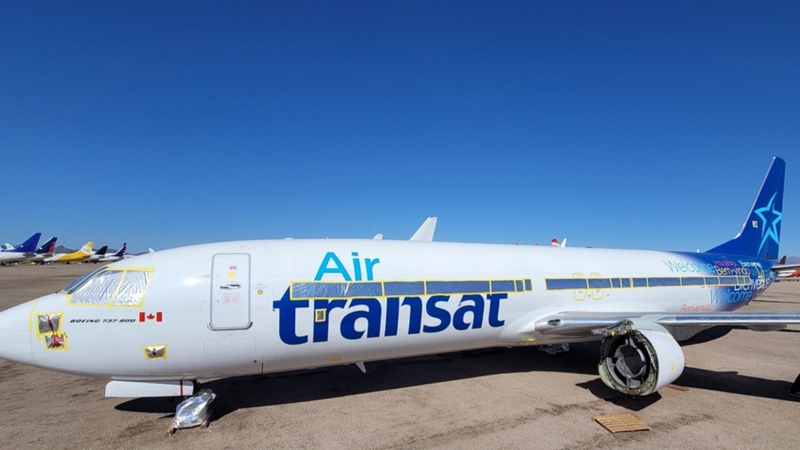
Transat A.T. Considers Potential Workforce Reduction
Transat A.T. has communicated to the Quebec government about a potential layoff affecting up to 80 employees, equating to a modest 1% reduction of its total workforce. This announcement comes amidst a backdrop of financial challenges facing the company. Despite the nature of the notice, a spokesperson emphasized that no final decisions have yet been made regarding job cuts.
Details on the Layoff Announcement
The notification delivered to the Quebec government indicates that these layoffs could become effective on November 1, but specifically exclude pilots and flight attendants from this action. Transat spokesman, Andréan Gagné, described the notice as a “precautionary” measure, meant to fulfill legal obligations under Quebec labor regulations.
Optimization Program Underway
Gagné elaborated that the layoff notice is part of a broader organizational review initiated last month, designed to optimize operations. “This process may result in some adjustments,” he stated, reinforcing that the actual layoffs remain uncertain. He mentioned that until any layoffs are confirmed, the company is committed to maintaining its workforce, particularly in operational roles.
Adhering to Quebec Labor Laws
Under Quebec labor laws, organizations must provide advance notice for potential layoffs affecting provincially regulated jobs. Transat has taken this precaution as a compliance measure, ensuring they align with regulatory frameworks. The anticipated workforce reduction, representing approximately 1% of Transat’s workforce of over 5,000, is purely speculative at this moment.
Financial Challenges and Responses
In their most recent financial report dated September 12, Transat revealed a combined net loss of $155.3 million in the first three quarters of the fiscal year, compared to a loss of $28.5 million in the same period the previous year. Due to these challenging financial conditions, the company announced the launch of its Elevation Program, focused on enhancing operational efficiency and driving long-term profitability.
Market Demand and Competitive Pressure
Despite the financial setbacks, leisure travel demand remains robust, as indicated by increased passenger traffic. However, shifting consumer attitudes towards pricing, spurred by economic uncertainties, have intensified industry competition, further impacting profitability. “Capacity increases across the sector have escalated competitive pressures, influencing yield negatively,” stated Annick Guérard, President and CEO of Transat.
Response to Industry Challenges
Transat has faced various headwinds this year, including fierce competition, technical issues such as engine recalls, and potential union strikes. These factors have collectively posed significant challenges to the company as it strives to stabilize its financial situation. Notably, Air Transat’s flight attendants recently secured a new contract, making them the highest-paid group of their type in Canada, reinforcing the need for competitive compensation amid industry turbulence.
Conclusion
As Transat navigates through these turbulent waters, the focus will remain on stabilizing operations while adhering to the necessary legal frameworks. Stakeholders will be closely monitoring the progression of the organizational review and its implications for the workforce. For further updates, readers can refer to [Open Jaw](https://openjaw.com) for ongoing developments in the travel and aviation sectors.


